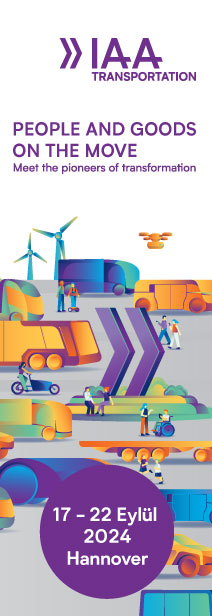The fan manufacturer Ziehl-Abegg has broadened its manufacturing base and further developed its production to meet the requirements of Industry 4.0. The total cost for the new building in the Hohenlohe Industrial Park and for taking plastics production in-house, is 28 million euros. With the manufacture of fans made of a special plastic, the company is focussing on a new type of integrated quality assurance, reducing the error rate down towards zero.
In fan development, the design engineers at Ziehl-Abegg are becoming increasingly successful in putting bionic approaches into practice in order to improve aerodynamics. However, implementing these optimized forms in series production poses a major challenge. “We are using such complex injection moulding technology that the cost for one single tool alone is half a million euros,” explains Peter Fenkl, CEO of Ziehl-Abegg SE. Ten years’ experience gained from suppliers manufacturing fans made from plastic on behalf of Ziehl-Abegg have been incorporated into the new plants. The key feature is that the injection moulding machines already monitor important process parameters during production, ruling out the possibility of faulty products.
“The move into the field of plastics technology will benefit our customers in particular” says Fenkl. This is because Ziehl-Abegg will now be manufacturing its own fans made of aluminium as well as steel and plastic. “We have brought added value in-house”, says the company boss, commenting on the new era ahead. This will allow each engineer to determine which material is best suited to the customer’s application, based on objective criteria. Fenkl: “We now have all three technologies at our disposal in-house. That sets us apart from our competitors.”
In the market, Ziehl-Abegg has replaced many fans that were previously made of steel or aluminium, with plastic ones. The thermoplastic fibre composite material ZAmid was developed by Ziehl-Abegg. The material is much lighter than steel but allows fans to rotate at a speed of 250 kilometres per hour in continuous operation; the plastic fans are tested at speeds of up to 500 kilometres per hour. “We will continue to expand the potential of plastics for lightweight construction to the benefit of our customers,” promises Fenkl. The reason for this is that many geometries which are aerodynamically ideal can simply not be realised in steel or aluminium.
With a total investment of five million euros for machines and tools, six new jobs have so far been created in the field of plastics production. Overall, the number of employees at Ziehl-Abegg in the Hohenlohe Industrial Park has risen from 480 to 770.
The major increase in the workforce resulted from the production of energy-saving fans: this was relocated from the plant on Würzburger Strasse in Künzelsau to the new building in the Industrial Park where the area for the manufacture of these so-called EC products has been increased to 5,000m2. EC fan production output has been doubled. Although the degree of automation has been significantly increased, more people are employed in production as a result of the increase in sales.
The new building is rounded off by a modern, open-plan office. This wing of the building houses several departments which have relocated from Künzelsau to Kupferzell. The space in Künzelsau is needed to allow for the expansion of PCB production for electric motors.










